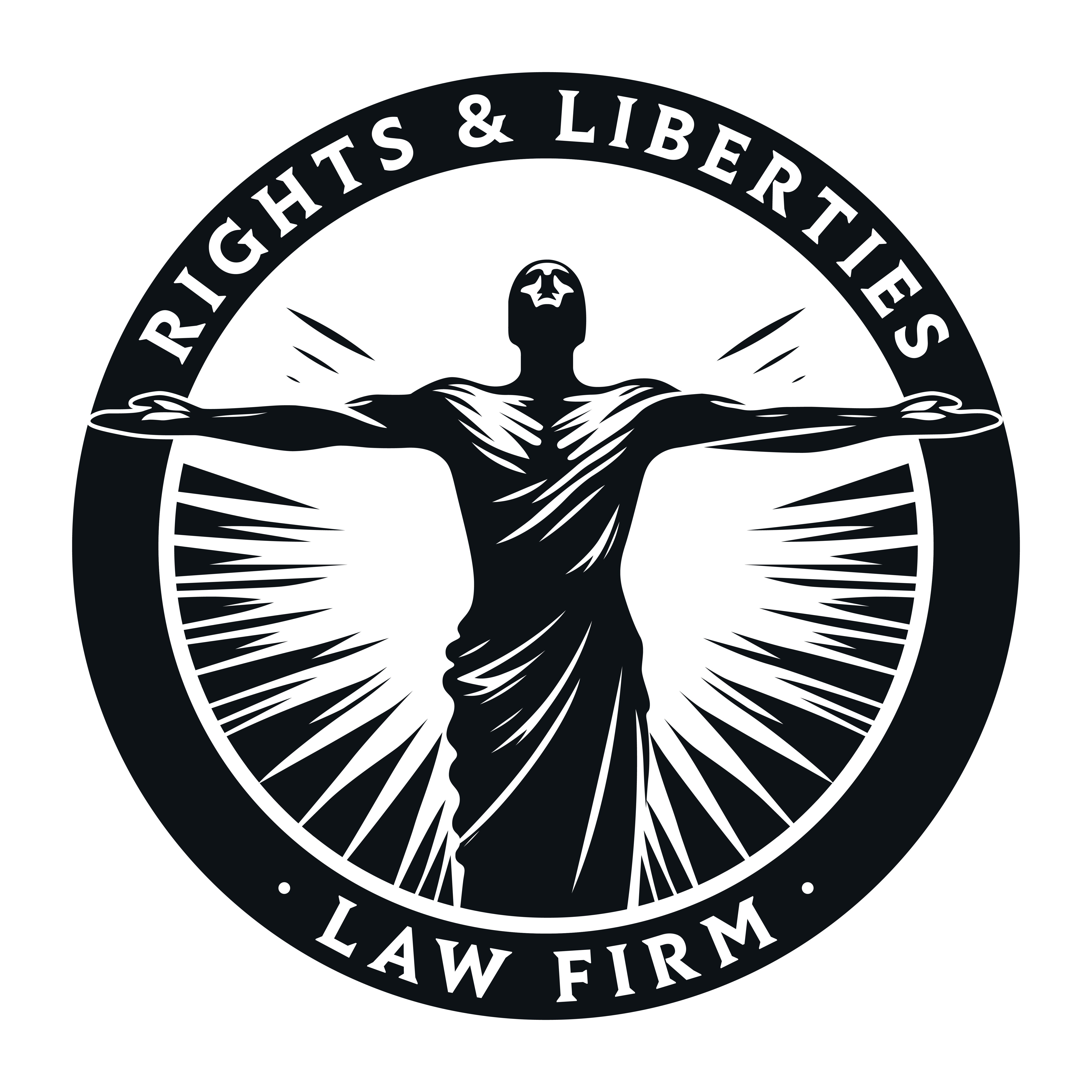Malicious or Wrongful Prosecution in Colorado
What is malicious or wrongful prosecution in Colorado?
Malicious or wrongful prosecution is the initiation, continuation, or procurement of criminal proceedings against another without probable cause. Probable cause only exists when the objective facts and circumstances available to a reasonably cautious police officer warrant the belief that an offense has been or is being committed. Malicious or wrongful prosecution cases often arise in matters where police officers or detectives have falsified arrest affidavits, probable cause statements or police reports, or have given false testimony under oath that commences a wrongful prosecution or perpetuates it.

The Fourth Amendment to the United States Constitution and Art. II section 7 of the Colorado Constitution protect a person’s right to be free from unreasonable seizures. When a person has been prosecuted without probable cause that person may have been subject to an unreasonable seizure in violation of their constitutional rights. This constitutional violation may be actionable as a malicious or wrongful prosecution claim.
When a person has been prosecuted without probable cause a malicious or wrongful prosecution attorney can bring a civil rights lawsuit against the officer who concealed, misrepresented, omitted facts, or made false statements in an arrest warrant affidavit, police report, or probable cause statement to create the illusion of probable cause where none existed. Police officers who falsely testify in criminal proceedings to perpetuate the wrongful prosecution can also be found liable for malicious prosecution.
The purpose of a malicious or wrongful prosecution civil rights suit is to compensate a person for attorney fees, costs, psychic damage, loss of reputation, loss of income while in jail, and other damages stemming from having been prosecuted without probable cause.
Proving a malicious or wrongful prosecution case in Colorado
In a claim for malicious or wrongful prosecution, the plaintiff must prove by the preponderance of the evidence each element of malicious prosecution, that
- a criminal case was brought against him or her;
- the criminal case was brought as a result of an oral or written statement made by the defendant;
- the criminal case ended in favor of the plaintiff;
- the defendant’s statement against the plaintiff was made without probable cause;
- the defendant’s statement was motivated by malice towards the plaintiff; and
- as a result of the criminal case, the plaintiff had damages.
As citizens have a constitutional right to be free from malicious prosecution, if the individual who initiated the commencement of wrongful or malicious criminal charges is a government official – usually a police officer or a detective – then the citizen has the right to bring a civil rights suit under 42 U.S.C. § 1983 and C.R.S. § 13-21-131.
What is the statute of limitations for a malicious prosecution civil rights claim in Colorado?
The statute of limitations for civil rights suits in Colorado brought under 42 U.S.C. § 1983 or C.R.S. § 13-21-131 is two years from the time a cause of action accrues. A cause of action for a malicious prosecution does not arise, mature, or accrue until all essential elements of malicious prosecution have materialized, including favorable termination of malicious action in favor of the falsely accused. Once a wrongful prosecution has ended in the accused’s favor, he or she may sue for damages in a civil rights malicious prosecution action within two years of all elements of the malicious prosecution claim materializing. In other words, once the criminal case that forms the basis of the malicious prosecution has ended with a dismissal or an acquittal, the two year statute of limitations begins.
Contact Denver’s trusted malicious prosecution attorney to find out if you have a viable malicious prosecution case.
Malicious prosecution cases are often complex. They require thorough investigation and a steadfast commitment to pursuing the truth. Police officers are not required to establish with scientific certainty a person’s guilt. But they’re held to an objective standard of reasonableness and if the commencement of a criminal prosecution or its perpetuation is baseless the officers need to be held accountable. A skilled malicious prosecution attorney can help you hold the police officers who initiated your prosecution by falsifying statements and lying under oath accountable for violating your constitutional rights.
To know whether or not you have a viable malicious prosecution case, the first step is to contact Rights & Liberties Law Firm to start your free police misconduct civil rights case evaluation. If your rights have been violated and your liberties trampled by an act of malicious or wrongful prosecution, the attorneys at Rights & Liberties Law Firm are here to fight for you and get you the justice and compensation you deserve.
Three-Step Path to Civil Rights Representation
Step one. If you’ve been the victim of police brutality or a government officer has
violated your or a loved one’s rights, complete our Free Civil Rights Case Evaluation.
Confidentially upload videos, photos, and other documents of evidentiary value directly
to our civil rights case evaluation portal and start the process of holding those who abuse
their powers accountable for violating your rights. Civil rights cases rise and fall on the
facts of the case. Our Free Civil Rights Case Evaluation is designed to gather the
information necessary to determine if you have a case where we can vindicate your rights
and get you the justice and compensation you deserve. Be sure to answer each question
in our Free Civil Rights Case Evaluation in a detailed and clear manner.
Step two. Our team will evaluate your case. If we need additional information from you
to complete your case evaluation we will contact you. Once we’ve completed your case
evaluation, we will promptly contact you to let you know if we can help you with your
case. If so we’ll schedule a consultation to learn more about your story.
Step three. During our consultation we’ll determine if there’s a viable path to vindicate
your rights. If there is, and you’re ready to hold those accountable who violated your
rights, we’ll provide you with a contingency fee agreement to review and sign. Then the
fight is on. You pay nothing until we’re victorious.
